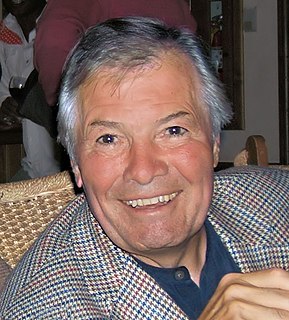A Quote by Noam Chomsky
Personally, I am uneasy about the notion of "a politically engaged university," for reasons I wrote about over 30 years ago, at the height of protest and resistance (reprinted in For Reasons of State).
Quote Topics
Related Quotes
I take facts about reasons to be fundamental in two ways. First, I believe that facts about reasons are not reducible to or analyzable in terms of facts of other kind, such as facts about the natural world. Second, I believe that reasons are the fundamental elements of the normative domain, and other normative notions, such as goodness and moral right and wrong can be explained in terms of reasons.
If we decide rightly what to do, or use a correct procedure for making such decisions, that has to be because the decisions or the procedure rest on good reasons, and these reasons consist in the apprehension of truths about what we ought to do. Because these truths must constitute reasons for our decisions, and because in the rational order, reasons must always precede the decisions based on them, the truth conditions of claims about what we ought to cannot be reduced to, or constructed out of, decisions about what to do, or procedures for making such decisions.
We have made a huge amount of progress over the last 50 years by enabling trade, by enabling kind of collaboration and learning. And actually, in fact, when you look at your average 30-year-old today, they're much better off than a 30-year-old 20 years ago, 30 years ago, because of progress in technology and health care and all the rest of this.






































